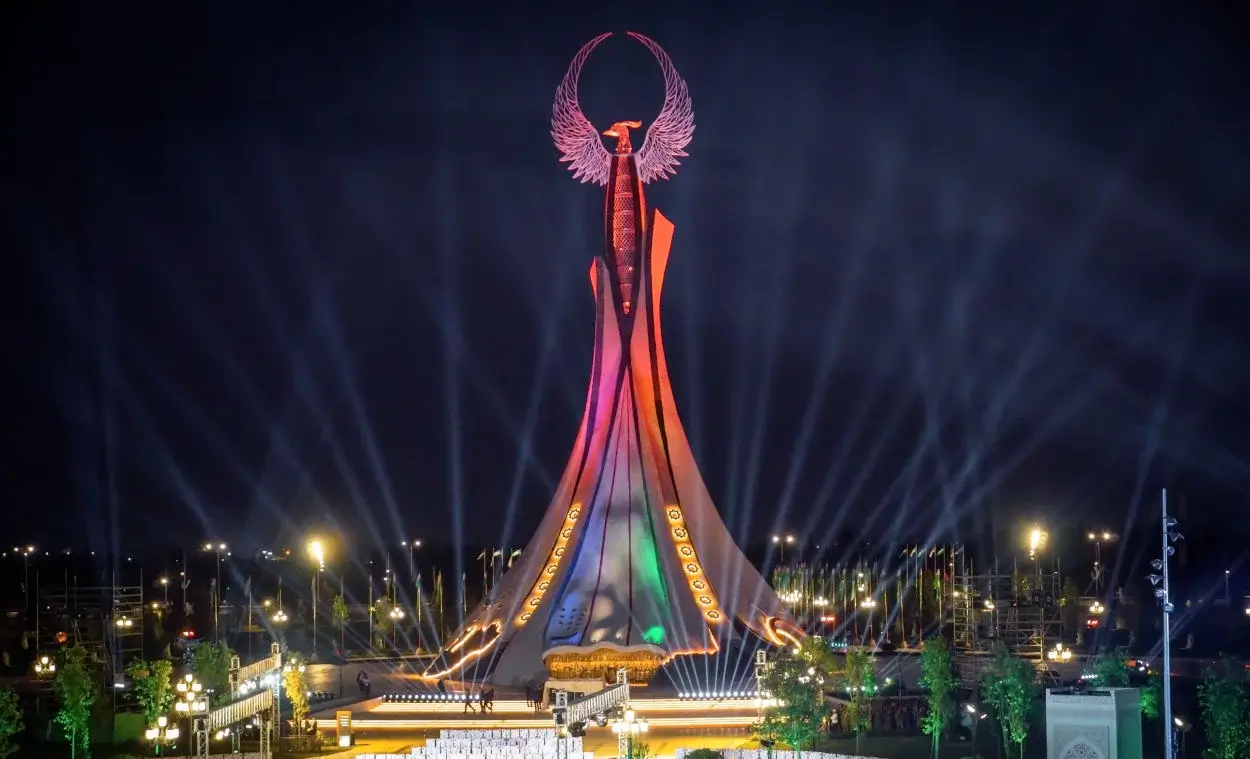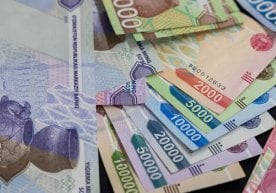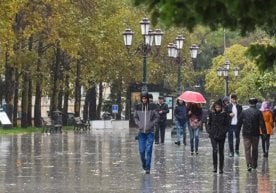What is the spirit of independence? Essential elements for independence

In the early years of Uzbekistan's independence and partially later, the view that "independence provided convenience for officials, while the situation of ordinary people did not improve dramatically" was deeply rooted in society. Political scientist Kamoliddin Rabbimov, in his column on Kun.uz, talks about the roots of this view and two factors for preserving independence.
The 34th anniversary of Uzbekistan's independence is approaching. This means one-third of a century. Understanding and strengthening independence is a separate task for each era. Because with the change of time, the meaning and content of independence also partially changes and becomes richer. Both covert and overt threats to independence change over time.
In 1991, when Uzbekistan gained independence, neither our society nor our state fully understood the essence of this blessing. There are several reasons for this.
First of all, the skeptical view that "independence provided convenience for the state, the government, and officials, but the situation of ordinary people did not improve dramatically" was deeply rooted in our society. Because social thinking is formed over centuries. The roots of any view, value, or attitude in social thought are formed much deeper. So, what were the reasons for the skepticism in understanding independence in Uzbekistan's social thought?
The attitude towards independence is not just ideological, emotional. Perhaps there are also socio-psychological and sociological aspects of this relationship. The ability to understand and interpret society is one of the factors determining the prospects and power of the state.
Our views on independence, the weight and quality of these views - a situation not found in other societies of the world. Because in modern history, the largest fragmented state, the empire, is the former USSR. That is, we are one of the last states and societies to become independent. Moreover, our dependence on the former metropole remains very high. Also, Russia, which was the core state of yesterday's empire, is currently waging a major war, and in relation to this war, one can see that Uzbek society is divided. The depth and magnitude of this division is evident, and in the interpretation of this war, one can see that there are views other than independence, priority layers in people's consciousness.
Why are there seeds of skepticism in our social thinking regarding faith in Independence, the state, and the nation? The point is that every society has a historical evolution. The historical evolution of the society and people of Uzbekistan in subsequent centuries shows that society could not sufficiently saturate its life with freedom, could not bind the state to itself, the state and society remained separate segments, moreover, there were constant contradictions between the state and society.
Therefore, society and the people did not trust the state and were inclined to interpret trust in the state as a betrayal of social interests. Three Khanates, Tsarist Russia's colony, Bolshevik rule, and the Soviet era. During these periods, distrust and alienation from the state, that is, from the authorities and rulers, reached a historically high level. Even after independence, the thinking of the state ruling class, naturally, did not change quickly. In the name of security and stability, the fear of freedom, the fear of it, the struggle with it continued. As a result, uncontrolled security and stability led to people distancing themselves from the state, alienation, and distrust.
The most important thing for understanding independence is consciousness. Only when consciousness is free can it realize independence. At the same time, freedom is a universal value. Even a person without freedom constantly feels what constraint is. Prominent political thinkers emphasize that the most important values for modern states are freedom and trust. At the same time, they say that it is important for society to be able to raise the level of mutual trust to a high level in conditions of freedom. On the one hand, people, society, and the people should be free, and this freedom should not disrupt society; on the contrary, while maintaining political pluralism, people should constantly cooperate on important issues, and there should be a high level of mutual trust - this is what determines the development of the state and society.
Until 2016, the level of alienation from the state and mutual apprehension in society was quite high in Uzbekistan. Over the past 8 years, very unique processes have been taking place in our social thinking. Fear in social consciousness is melting away, and a spirit of freedom is well-established in society. Many states that gained independence faced major problems at the beginning of their independence, and there were many cases of dissatisfaction with the state. But peoples who possessed national independence changed the situation through their freedom and mutual trust. Simply put, there have been and are problems for us Uzbeks, but as long as we are an independent state, how effectively we solve them is in our own hands. The main thing is that we determine our own destiny.
A Turkish-Muslim friend living abroad writes to me. He speaks his own language, and I speak Uzbek. We understand each other very well. No translator needed. My friend often repeats: "You must protect independence like the apple of your eye. This independence is important not only for you, but also for us. When we will regain our freedom, we will appeal to you, Uzbeks, to the people of Uzbekistan, to revive our language, religion, and traditions. Because we are very close! Therefore, your independence is very important not only for yourself, but also for us!"
Dear compatriots, congratulations on our national independence! May our independence be eternal!
Kamoliddin Rabbimov,
political scientist
Ctrl
Enter
Found a mistake?
Select the phrase and press Ctrl+Enter 





















